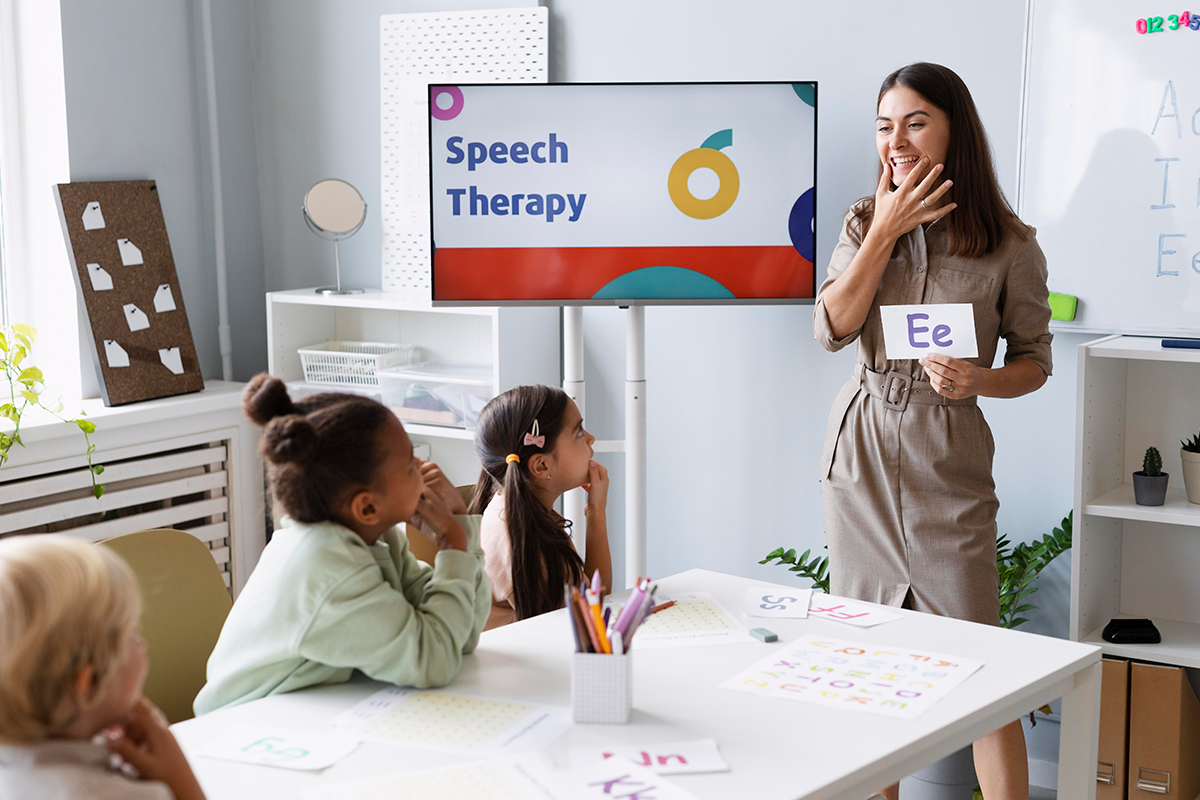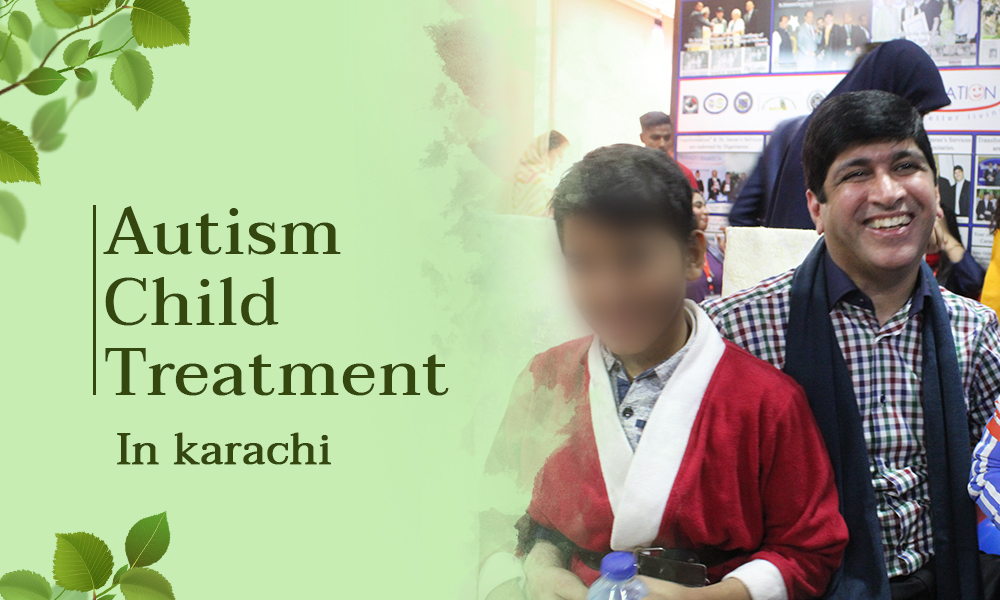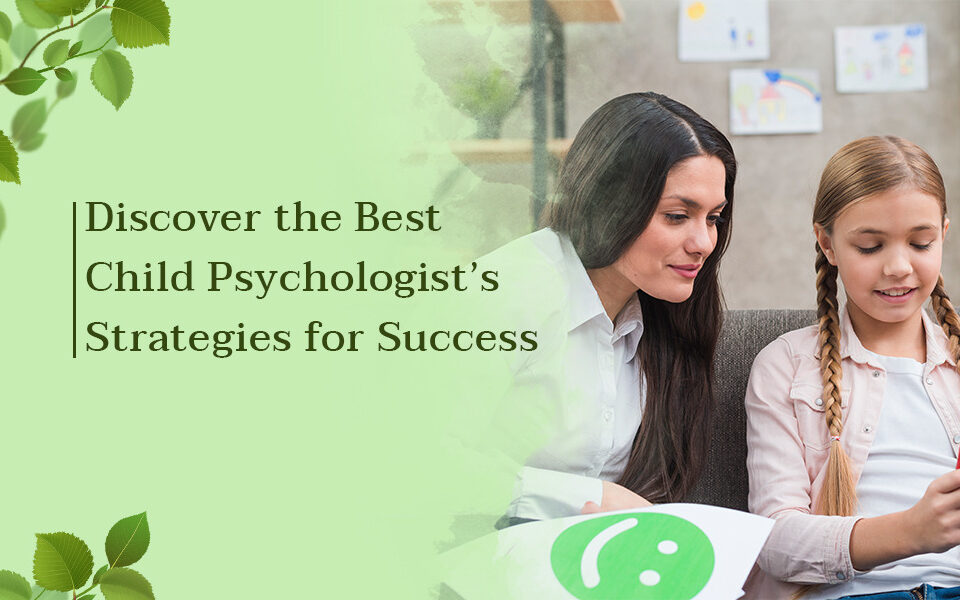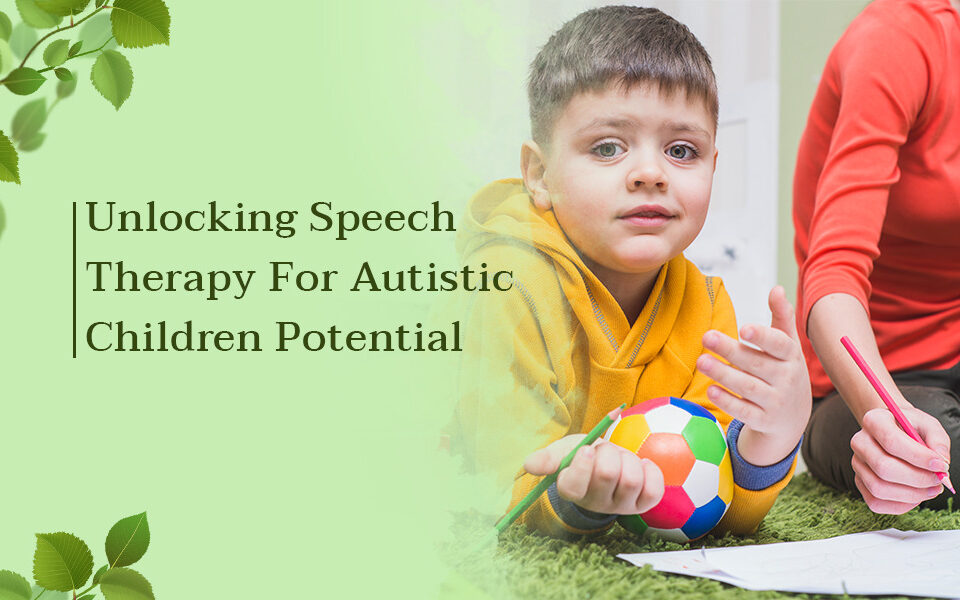- Jofa Tower 5th floor, SB-23, Block 13 C, Main University Rd, Gulshan-e-Iqbal, Karachi.
- +92 322 3746726
- tis@transformation.com.pk
Autism Child Treatment In Karachi

Effects of Autism on Children
July 20, 2023
Autism Behavior Problems
July 27, 2023It is heartbreaking to learn that a loved one may have autism. Many parents are confused by autism as a disorder, but with the appropriate information, Guest Posting you should be able to detect this issue early on. As a result, you will be able to provide your child with the appropriate treatment and give him or her a chance at normalcy. There are various treatments for autism, and some that work for one child may not work for another. You could say that the most effective ways to cure autism are trial and error and may take years, but people with autism still have hope.
Autism treatment center in Karachi
Intervention at an Early Age

Speech and Language Therapy

Parental Education and Support

Physical Therapy

Occupational Therapy

Medication

Behavior Therapy

Social Skills Training

Play Therapy

Top 9 Signs Your Infant Might Have Autism
Here are several symptoms that your child may be on the autism spectrum as early as six months of age. The intensity of the symptoms, as well as the signs and symptoms, will differ. Keep an eye on your child's growth and visit a doctor if anything worries you. It is important to highlight that autism in newborns is identified by a lack of normal behavior rather than the appearance of odd behaviors.
Eye Contact: Limited or no eye contact with careers or others.
Limited Smiling: Infrequent or delayed smiles in response to social cues or interactions.
Delayed or absent babbling: Failure to engage in conventional babbling noises by 9 months of age.
Lack of Gestures: Not using gestures like pointing or waving bye-bye by 12 months.
Limited Social Interaction: A lack of interest in interacting with or playing with others.
Repetitive Behaviors: Engaging in repetitive motions or behaviors, such as hand flapping or body rocking, are examples of repetitive behaviors.
Failure to reply to Name: Failure to reply consistently when their name is called.
Avoiding Physical Contact: Resisting physical contact or hugging.
Speech and Language Delays: Not speaking single words by 16 months or two-word phrases by 24 months.
If you have concerns about your child's development or notice any of these signs, seek guidance from a healthcare professional or pediatrician. Early intervention can significantly impact a child's developmental progress and improve outcomes for children with autism. Remember, each child with autism is unique, and their treatment plan may combine various interventions tailored to their specific strengths and challenges. Collaboration among parents, caregivers, educators, and healthcare professionals is essential for effective treatment and support.




